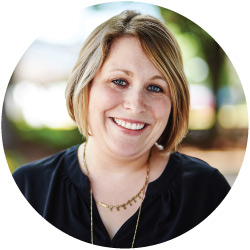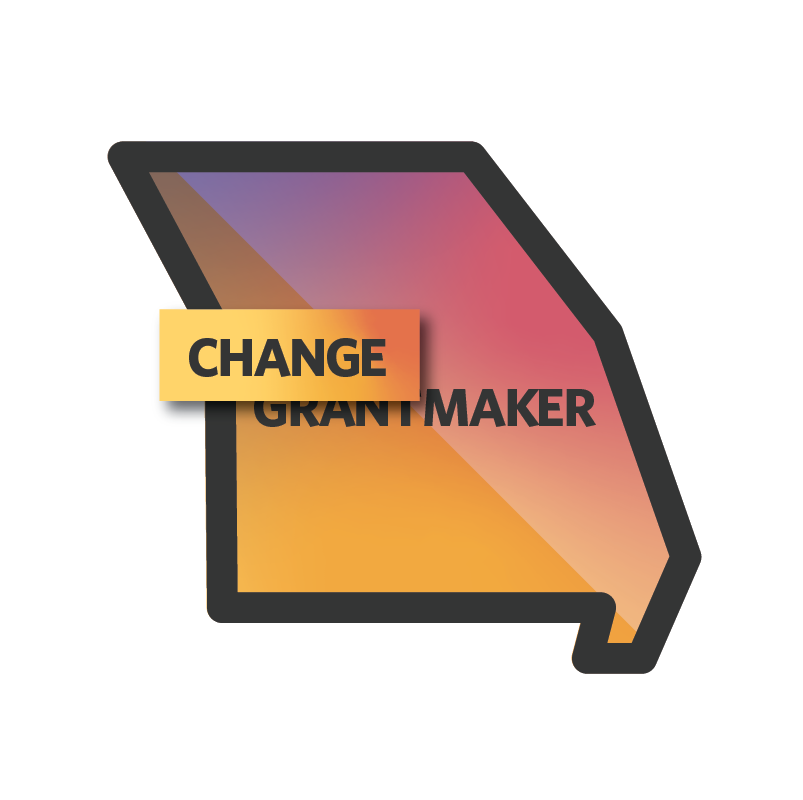
When we were first formed in the early 2000s, we were a fairly traditional grantmaker, supporting programs and services being provided by nonprofits across Missouri. Organizations were doing excellent work, and at the time, this strategy allowed us to learn about Missouri’s nonprofit infrastructure as well as the health-related hopes and needs of various communities in our state. This work also opened our eyes to the level to which the systems and structures in place were not serving our fellow Missourians well. With this early discovery we added a focus on health policy, recognizing that we would have greater impact if we could influence the development and implementation of state and local policies that would support health and well-being.
At the beginning, that was a good place for us to be, and a lot of remarkable programs, projects, and initiatives happened during that time. Our work started to shift about 10 years ago, when we decided that if we truly wanted to influence long-term, large-scale change we would need to think and act differently. This kicked off our evolution from grantmaker to changemaker. Over the past decade, as we have thought about our role in the region – what we can do that no one else can do – we have recognized that we are much more effective in working toward our mission if we look for ways to change the systems and structures that allow inequitable health outcomes to persist. We realize that this new way of working looks and feels fundamentally different than it did nearly 20 years ago. We know our partners have felt this transition over time, so we wanted to explain our thinking.
One of the first initiatives we introduced following this shift was our Infant Mortality Reduction Initiative (IMRI), to which we made a 10-year commitment. We set an initial goal of achieving a 15% reduction in infant mortality in the St. Louis and the six-county Bootheel regions, where infant deaths are nearly twice the state rate and where black babies die at a rate two to three times that of white babies. IMRI was launched in 2013 as a comprehensive systems-change effort based on the belief that broad community collaboration through a structured approach was necessary to solve complex societal issues. We partnered with organizations in St. Louis and the Bootheel to establish two collaborative efforts: FLOURISH and Bootheel Babies and Families. These collaboratives – which bring cross-sector partners together – have spent the last six years developing strong infrastructures that are making progress on the root causes of infant mortality and catalyzing change that has far greater impact than what an MFH grant alone could do.
For example, FLOURISH identified transportation as a major barrier to prenatal care in the St. Louis region. With that knowledge, they worked with Medicaid managed care companies and transportation brokers to improve non-emergency medical transportation policies and protocols, making it far easier for pregnant women and their children to attend critical medical appointments. The lasting positive health impact of this improvement is significant and embedding those changes in insurance policies and protocols is considerably more sustainable than trying to provide transportation services outside of those systems. The collaboratives are familiar with the communities that they’ve been engaging since the initiative started and have demonstrated their ability to direct resources in a way that generates long-term, large-scale change. While MFH funds continue to support the progress, decisions about where to make investments to advance systems-level change are now being made collaboratively by the communities themselves.
In change work, no two issues are exactly alike. Different problems have different histories, different environments, and different circumstances, so unique solutions must be developed for each. While the path described above was best for our infant mortality efforts, we use different strategies to address other issues in our portfolio. For gun violence prevention, in addition to support for projects like the St. Louis Area Hospital-Based Violence Intervention Program and Better Family Life De-escalation Centers, we are partnering with the St. Louis Area Violence Prevention Commission for better coordination of region-wide responses to gun violence.
In other areas, we are thinking about how we elevate the narrative about the health of Missourians through our partnership with Kaiser Health News. We’re ensuring Missouri gets its share of federal resources through our statewide leadership on a complete census count in 2020. We convene the Cover Missouri Coalition to ensure that organizations across the state have access to up-to-date, relevant information about health insurance coverage and to share the perspectives and experiences of Missourians accessing those programs with state leadership and private insurance providers. We worked with health centers across Missouri to attract resources to open satellite offices in underserved locations across the state. The list goes on.
We’re proud to be part of an ecosystem of organizations working hard every day to create a healthier future for Missourians. Nonprofits and government entities across our state are doing extraordinary work, providing high-quality services and care to people facing challenging circumstances. We are proud to support and stand by that work and look forward to collaboratively building communities where everyone can reach their potential.


